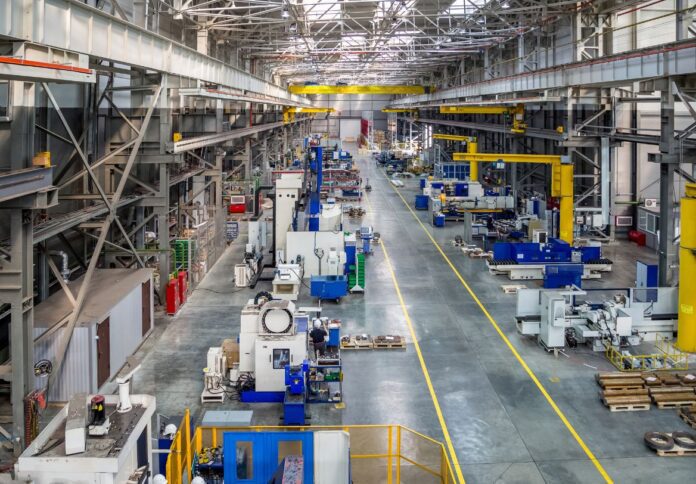
Australia’s manufacturing sector saw further contractions in October after the rate of new orders dropped amid worsening demand conditions, according to the latest Purchasing Manager’s Index (PMI) data from Judo Bank.
The headline seasonally adjusted Judo Bank Australia Manufacturing PMI ended with a 48.2 rating at the start of the year’s fourth quarter, down from September’s 48.7.
This marks the eighth monthly decline in manufacturing conditions and one of the fastest deteriorations in the current sequence.
Production levels fell steadily in October even with firms working through existing orders. This led manufacturers to lower their inventory holdings while job creation decelerated despite labour constraints, Judo Bank said in its report.
Manufacturers also limited the degree to which they increase their charges despite input costs rising at the fastest rate in seven months.
October also marks the 11th consecutive month of decline in incoming new orders for Australian manufactured goods. One of the fastest rates on record, the drop was amid softening economic conditions and shrinking customer bases according to survey respondents.
Foreign demand also deteriorated at a quicker rate in October as business conditions worsened at key export destinations.
“The output and new orders indexes fell to concerning levels in October, lower than what would normally be associated with a soft patch,” said Warren Hogan, chief economic advisor at Judo Bank.
“It is too early to suggest that the Australian manufacturing sector is heading for a hard landing. All monthly economic data needs to be viewed cautiously, but we will watch these indicators closely over the final months of 2023,” he added.
Meanwhile, employment levels rose at the slowest rate in three years even as reports on labour constraints continued to be reported.
“The employment index fell to the lowest level since the 2020 lockdowns, although the index level remains above the 50 index level. This points to a slowdown in hiring across Australia’s manufacturing sector rather than outright contraction,” Hogan said. “The solid employment result also cautions against reading too much into the falls in output and new orders in October.”
“So far, the Australian PMIs are consistent with a soft landing for the broader economy and a gradual reduction in inflation back to the RBA’s target of 2 to 3 per cent by 2025.”




















